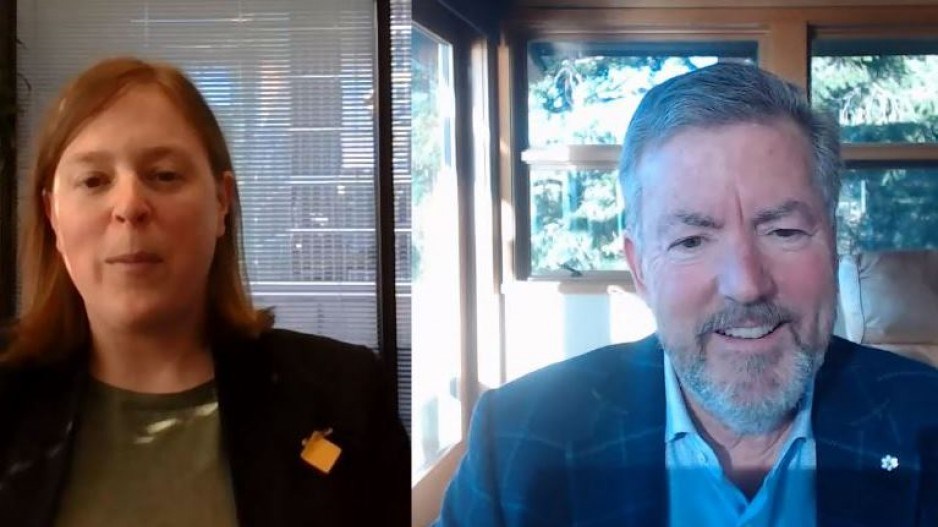Not so long ago, those involved in mining and exploration could attend a conference, like this week’s Association for Mineral Exploration (AME) Roundup, without ever hearing about “ESG” – the guidelines for being socially and environmentally responsible.
But for the mining and exploration sector in particular, it has become unavoidable. If you attend a session on financing, you are going to hear about the importance of environmental, social and corporate governance (ESG), and all that goes with it --social licence, sustainability, climate risk and diversity and inclusion.
In an opening keynote address at the start of this week’s Roundup conference, mine financier Robert Friedland predicted the day may not be far off when metals like copper or cobalt, which basically sells for the same price no matter where it’s mined or who mines it, will be priced differently, depending on things like where it’s mined, what its carbon content is, and the company that mined it.
In other words, some commodities might fetch a premium for being responsibly and sustainably mined, or for having a smaller carbon emissions intensity.
While the mining industry has made big strides in ESG, it hasn’t always done a good job on disclosure, a number of panelists said Thursday at a session on the topic and its importance in raising capital.
Companies that need to raise capital will want to pay more than lip service to ESG, if they want the big bucks from institutional investors.
Just in the last two years, Bonita To, mining specialist for institutional investing at Scotiabank, said there has been a big uptick in the number of institutional investors committing to responsible investment principles – about 3,000 of them, representing $303 trillion worth of investment under management.
“These principles are taken very seriously,” she said.
Investors in Europe are getting particularly fussy about it, as Randy Smallwood, CEO for Wheaton Precious Metals (TSX:WPM), learned when his company listed on the London Stock Exchange in October.
“I have to say that the scrutiny that we went through in terms of meeting with UK-based funds that can only invest on LSE-listed companies was a level higher than what we’ve ever experienced in North America in the past,” Smallwood said.
“It’s just critical,” Ross Beaty, chairman of Pan American Silver (TSX:PAAS) and Equinox Gold (TSX:EQX) said. “Every single meeting you have with investors, it’s number one on the topic (list).”
As a streaming company that invests in mining companies, Wheaton Precious Metals does its own due diligence on companies it invests in, and ESG is one of the things it considers.
Investors look to ESG performance and ratings as a proxy for good management and risk mitigation. It is essentially a playbook for decreasing risks a company might face in a country where it plans to build and operate a mine -- from carbon emissions intensity and mine tailings management to indigenous relations and worker safety.
Smallwood said mining companies have generally done a good job of improving their ESG performance, but have not done such a good job at disclosure.
It’s hard for investors to know if the company has a good ESG track record if they don’t publish sustainability reports or otherwise disclose just how they are following their own ESG guidelines and meeting goals.
One of the problems there is a lack of standardization, To said. There are plenty of ESG rating agencies but their ratings may be all over the map due to a lack of global standards.
“Until there is more standardization in reliability with ESG rating agencies, investors are going to do their own ESG work,” she said. “So my biggest recommendation to the mining industry is to just disclose as much as you can.”
Beaty said things like ESG and social licence are really just “buzzwords” for being a good corporate citizen.
“All they mean is doing the right thing,” he said. “And that’s not rocket science.
“It means looking after your workers. It means making sure they go home every day healthy. It means looking after your communities. And it means looking after the countries you work in. Try to work with the national governments, paying responsible amounts of taxes and paying the royalties.”




